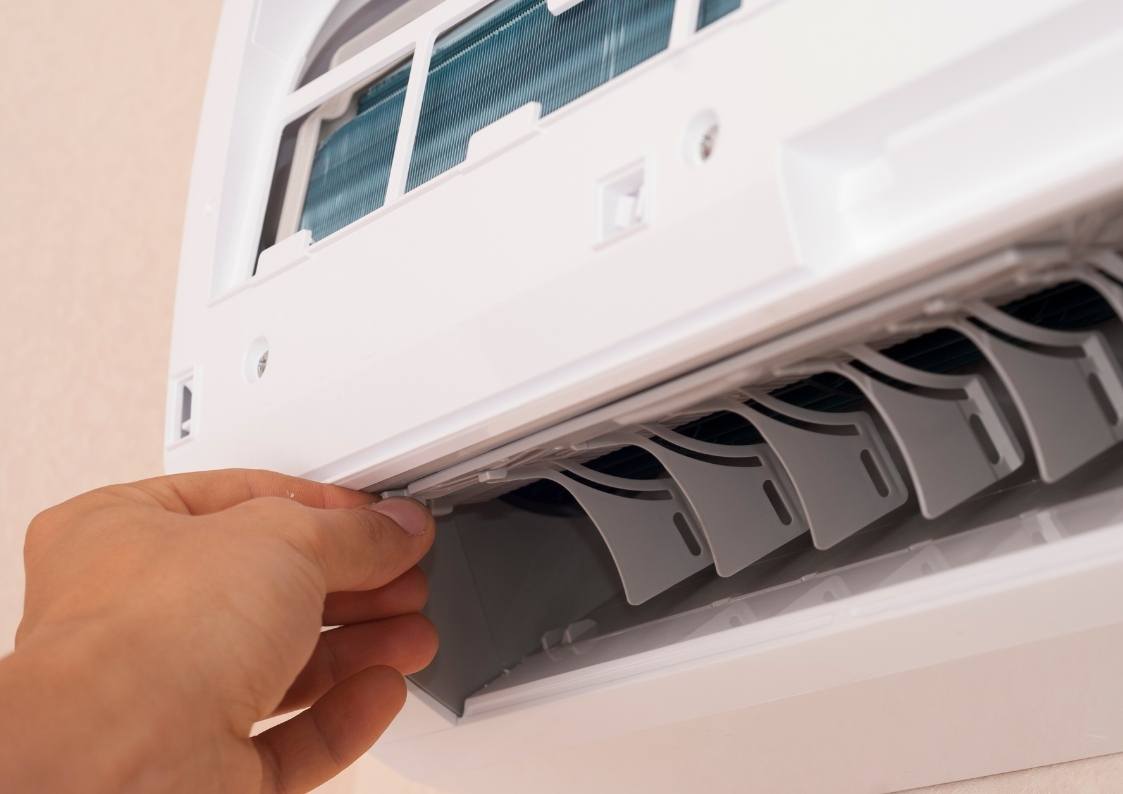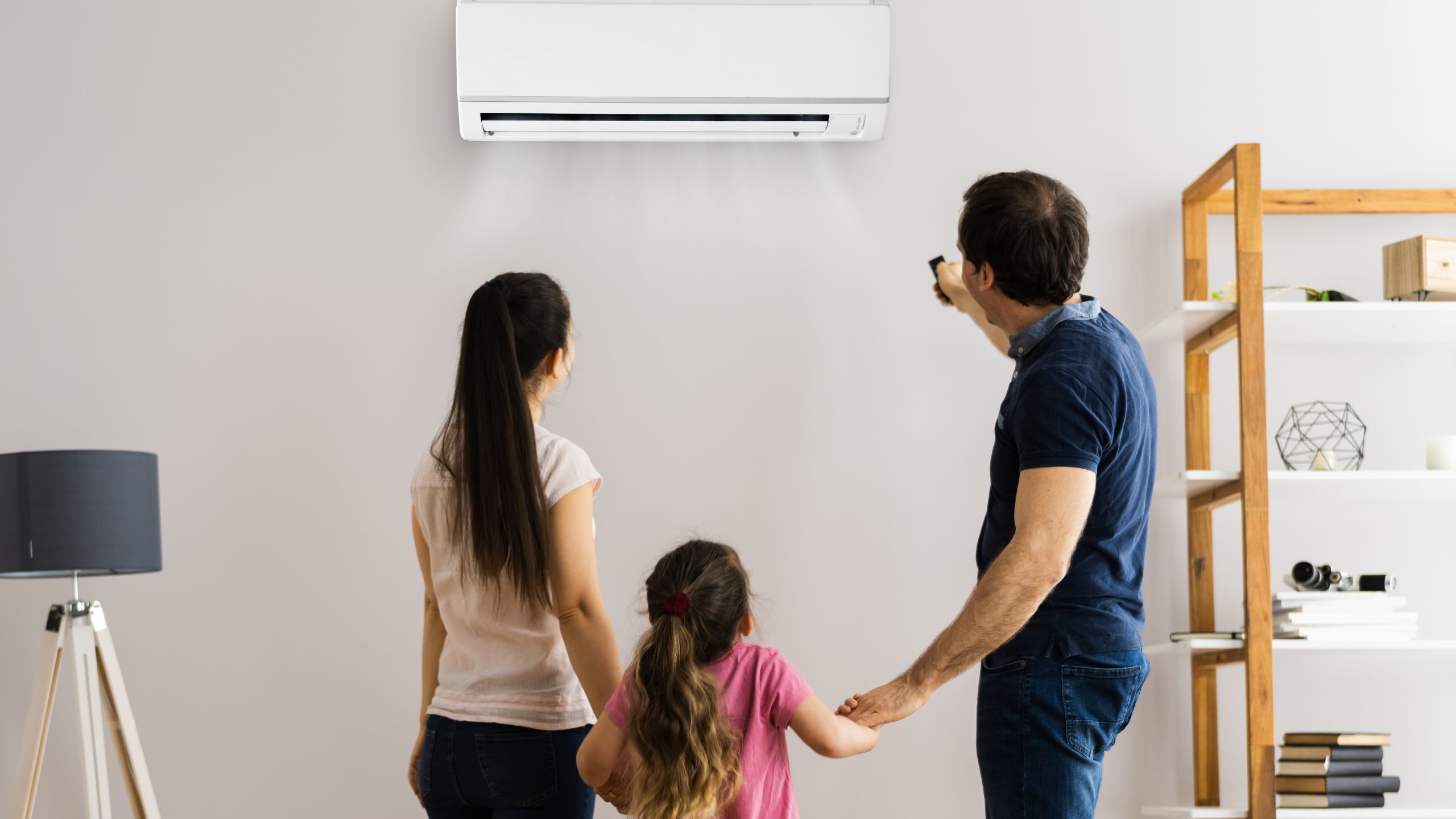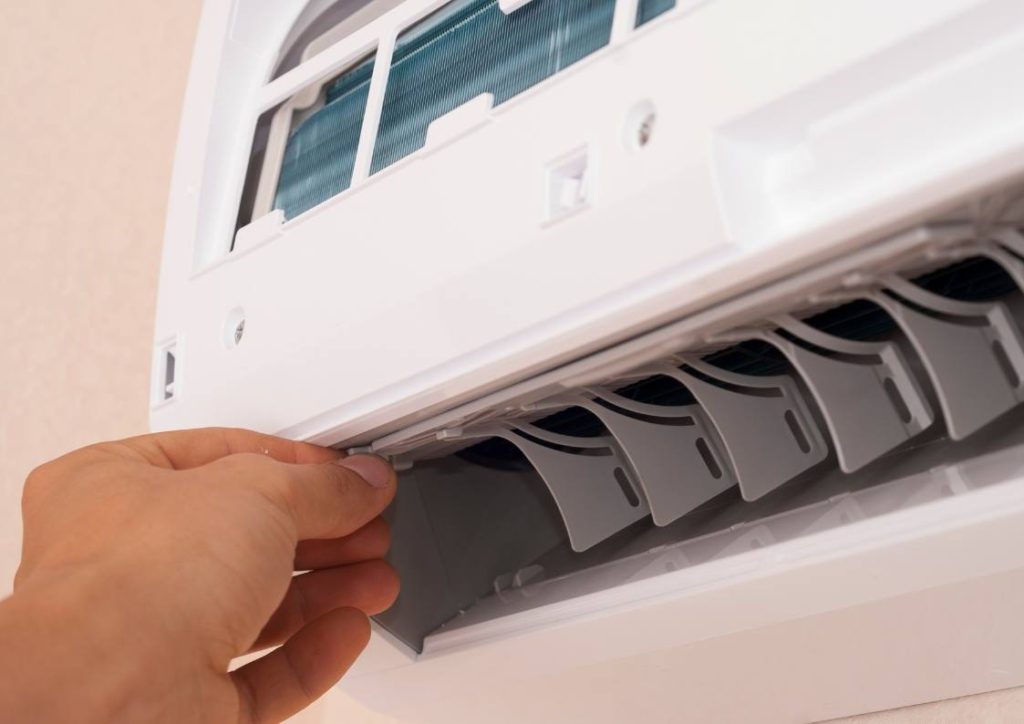From the dedicated professionals at Direct Point Heating & Cooling – Melbourne
Your air conditioner might seem to be operating effectively, but if the filters have not been regularly maintained, you could be losing as much as 30% of your system’s cooling power. This significant drop in capacity can greatly hinder your comfort during the scorching Australian summer months, making it crucial to ensure that your system functions at its highest efficiency.
Blocked filters are a leading contributor to reduced airflow, inflated energy bills, and deteriorating indoor air quality. Although the task of cleaning filters may seem easy, performing it correctly is essential to achieve the best results and improve efficiency. Ignoring this fundamental maintenance can result in numerous complications that may adversely affect the environment within your home.
In this comprehensive guide, we will thoroughly outline the best practices for cleaning your filters, highlight the significance of regular maintenance, and pinpoint the warning signs that signal when it is time to enlist a professional for an extensive system cleaning. By adhering to these recommendations, you can ensure that your air conditioning system remains in prime condition throughout the year.

Discover Why Regular Filter Cleaning is Crucial for Your Air Conditioning Efficiency
The filters in your <a href="https://homerenonews.com.au/air-conditioner-filters-why-regular-cleaning-matters/">air conditioner</a> are integral in capturing dust, allergens, and various particles before they circulate in the air you breathe. However, as time passes, these filters can become obstructed, leading to increased pressure on your system, restricted airflow, and even fostering the growth of mould within the unit. This not only compromises the efficiency of your system but also negatively affects the quality of air circulating throughout your home.
Regularly cleaning your filters is essential for:
- Enhancing overall system efficiency and performance
- Reducing energy consumption and associated costs
- Extending the lifespan of your air conditioning unit
- Improving indoor air quality for a healthier living environment
Neglecting this critical maintenance task can lead to rising operating costs, an increased risk of system breakdowns, and deteriorating air quality for your family. By prioritising filter cleaning, you can minimise these risks and create a more comfortable and healthy home environment.
Follow This Step-by-Step Guide to Effectively Clean Your Air Conditioner Filter
Step 1: Prioritise Safety by Powering Down and Disconnecting Your Air Conditioning Unit
Before embarking on the cleaning process, it is vital to ensure that the power is completely turned off. For wall-mounted split systems, switch off the power at the wall and unplug the unit. If your system is hardwired, turn off the dedicated circuit at your switchboard to maintain safety throughout the cleaning procedure. This precaution helps prevent any accidental activation of the unit during maintenance, ensuring a safe working environment.
Step 2: Carefully Extract the Filter from the Air Conditioning Unit
Gently open the front panel of your indoor unit to access the filter. Slide the filter out with care, taking care not to bend or damage the mesh during the process. Be mindful that some units may have clips or latches that need to be disengaged before you can remove the filter, so take your time and follow the necessary steps to avoid any potential damage.
Step 3: Clean the Filter Using Mild Soap and Warm Water
Prepare a tub or sink filled with lukewarm water and a small amount of mild detergent. Allow the filter to soak for several minutes, as this helps loosen any built-up dust or grime. After soaking, utilise a soft brush to gently scrub away the accumulated debris. It is crucial to avoid using harsh chemicals or aggressive scrubbing techniques, as these could damage your filter and diminish its effectiveness.
Step 4: Ensure the Filter is Completely Dried Before Reinstallation
Once you have cleaned the filter, shake off any excess water and place it in a well-ventilated area to air dry, steering clear of direct sunlight. It is imperative that you do not reinstall a damp filter, as moisture can promote the growth of mould and bacteria within your air conditioning system, potentially leading to further complications and health concerns for you and your family.
Step 5: Reinsert the Filter and Conduct a System Test
After confirming that the filter is entirely dry, carefully slide it back into its designated position, close the panel, and restore power to your system. Once restarted, check that the airflow feels strong and consistent, which indicates that the cleaning was successful and that your air conditioning unit is now functioning optimally, providing you with a comfortable environment.
How to Determine if Regular DIY Cleaning is Sufficient for Your Air Conditioner Maintenance
While routine filter cleaning is vital, it only addresses surface-level issues. Your air conditioning unit requires professional servicing to comprehensively eliminate:
- Dust and mould build-up within the fan and coils
- Clogs in drain trays and internal components
- Efficiency reductions caused by dirty or damaged parts
At Direct Point Heating & Cooling, we offer thorough system cleans and servicing that extend beyond basic maintenance. Our skilled technicians service both indoor and outdoor units, ensuring that every component of your system operates efficiently and effectively, providing you with comfort and peace of mind throughout the year.
What is the Ideal Frequency for Cleaning Your Air Conditioner Filters?
As a general guideline, we recommend the following cleaning schedule:
- Standard household usage: Every 2–3 months
- Households with allergies or pets: Monthly
- Commercial spaces or high-usage systems: Monthly or more frequently
Moreover, we advise scheduling professional servicing at least once a year to ensure your system operates efficiently and to mitigate the risk of costly breakdowns, ensuring your air conditioning remains reliable when you need it most during those hot summer days.

Uncover the Benefits of Professional Air Conditioner Cleaning Services
A comprehensive air conditioning service involves a wide range of tasks, including:
- Thorough cleaning of all filters, fans, coils, and drain trays
- Assessing refrigerant levels and evaluating overall system performance
- Inspecting and cleaning the outdoor compressor unit
- Identifying signs of wear or potential failures early on
Many homeowners concentrate solely on cleaning their filters, but genuine performance issues often lie deeper within the system. This is where our expertise can significantly enhance the efficiency and reliability of your air conditioning unit, ensuring that it operates at its best and provides you with a consistently comfortable living environment.
Schedule Your Professional Air Conditioner Cleaning with Direct Point Today
While cleaning your filters is an excellent first step, ensuring long-term performance, energy efficiency, and peace of mind requires consistent professional maintenance. Our team is here to assist you in maintaining your system’s efficiency and reliability, ensuring it performs optimally when you need it most.
We proudly service all major cooling systems throughout Melbourne, including:
- Wall-mounted split systems
- Multi-head units
- Ducted refrigerated systems
- Evaporative cooling systems
Contact Direct Point Heating & Cooling at 1300 170 961 or email us at [email protected] to schedule your service today and ensure your air conditioning system is fully prepared for the upcoming seasons.
The Article: Air Conditioner Filters: Why Cleaning Them is Essential first appeared on https://writebuff.com
The Article Air Conditioner Filters: The Importance of Regular Cleaning Was Found On https://limitsofstrategy.com
References:
https://homerenonews.com.au/air-conditioner-filters-why-regular-cleaning-matters-2/


